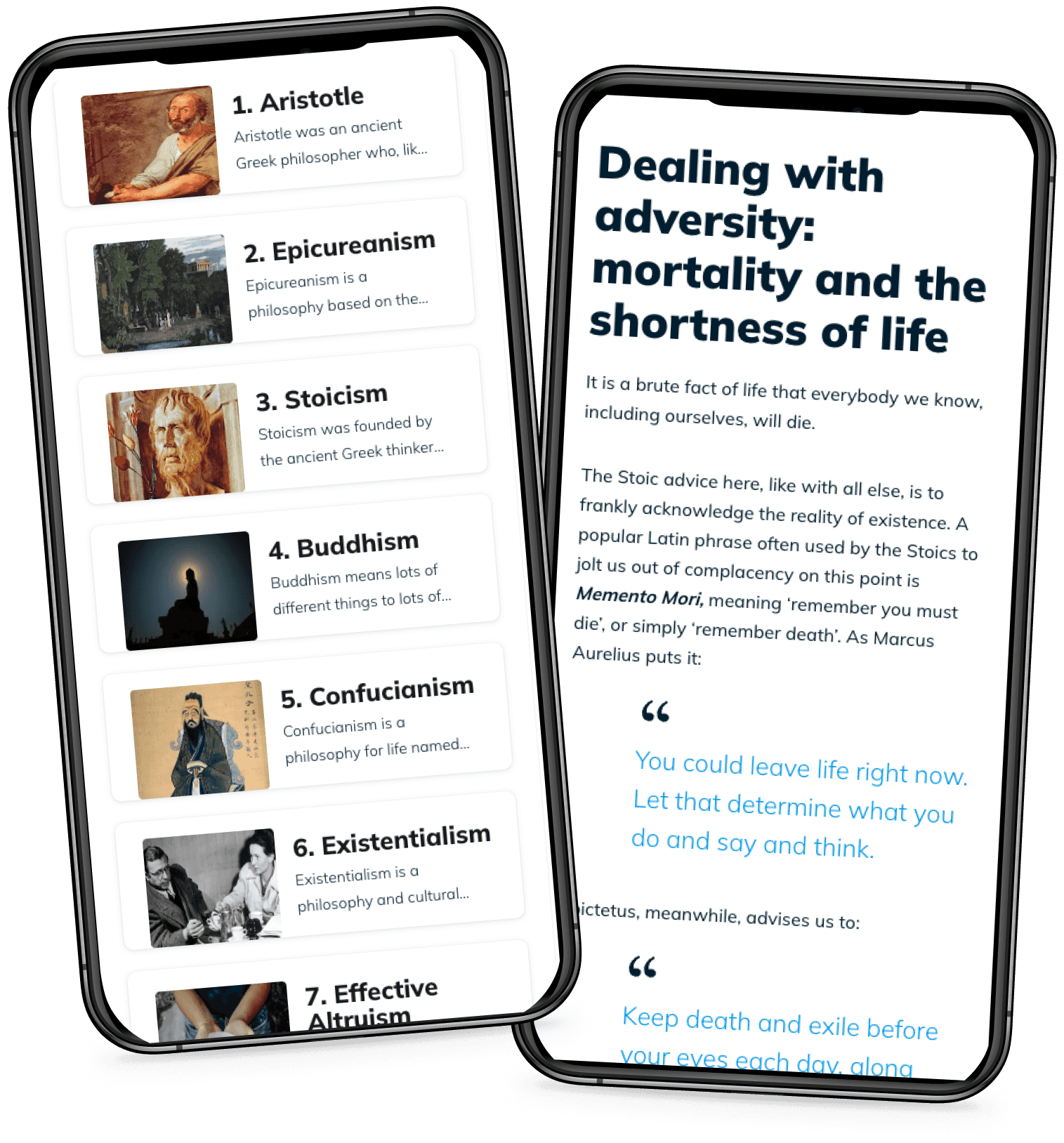In News: Ban Ki-Moon writes: Gandhi embodied principles of UN Charter well before they were framed
1.Mahatma Gandhi’s philosophy of non-violence has inspired countless movements for change around the world. Discuss the relevance of his teachings in addressing the 21st century’s complex global challenges
Mahatma Gandhi’s philosophy of non-violence, the practice of achieving goals through peaceful means without resorting to physical force or violence, remains a powerful tool for addressing today’s global challenges.
Relevance of Non-Violence in the 21st century
- Climate crisis: Gandhi’s non-violence philosophy promotes interconnectedness and cooperation, essential for addressing climate change. His teachings inspire collective action to meet Paris Agreement targets and protect humanity and the environment.
- Combating inequality: Gandhi’s belief in social justice and equality can be a guiding principle in addressing global inequality. His emphasis on empowering the marginalised and promoting economic justice can help create a more equitable world.
- Resolving conflicts: Non-violence offers a peaceful and constructive approach to resolving conflicts. By emphasising dialogue, understanding, and cooperation, we can find common ground and build bridges between opposing parties.
- Promoting human rights: Gandhi’s advocacy for human rights and civil liberties remains essential in the 21st century. His teachings can inspire peaceful resistance to oppression and promote respect for individual rights.
- Sustainable development: Gandhi’s belief that resources should meet needs, not greed, guides efforts towards achieving the Sustainable Development Goals, emphasising equity, compassion, and community welfare to combat poverty and hunger
- Spiritual knowledge vs. material prosperity: Gandhi’s focus on spiritual growth counters materialism. His teachings encourage prioritising ethical considerations over economic gains, fostering peace and harmony in diverse communities
- Moral responsibility: Gandhi instils a sense of duty to act against injustice through non-violence. His philosophy inspires grassroots movements to contribute to a more equitable world.
- Collective efforts for peace: Gandhi’s legacy encourages global leaders to collaborate for peace, emphasising dialogue and understanding as vital tools for resolving contemporary geopolitical tensions and social unrest.
Mahatma Gandhi’s philosophy of non-violence continues to be a valuable resource for addressing the complex global challenges of the 21st century. By applying his teachings to issues such as climate change, inequality, and conflict, we can work towards building a more just, peaceful, and sustainable world.
PYQ
- What were the major teachings of Guru Nanak? Explain their relevance in the contemporary world. 2023
- What teachings of Buddha are most relevant today and why? Discuss.2020
- Discuss Mahatma Gandhi’s concept of seven sins.2016
- There is enough on this earth for every one’s need but for no one’s greed. Mahatma Gandhi.2013

